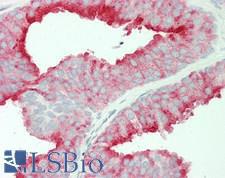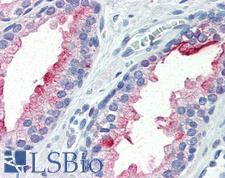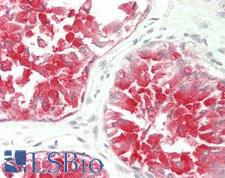Login
Registration enables users to use special features of this website, such as past
order histories, retained contact details for faster checkout, review submissions, and special promotions.
order histories, retained contact details for faster checkout, review submissions, and special promotions.
Forgot password?
Registration enables users to use special features of this website, such as past
order histories, retained contact details for faster checkout, review submissions, and special promotions.
order histories, retained contact details for faster checkout, review submissions, and special promotions.
Quick Order
Products
Antibodies
ELISA and Assay Kits
Research Areas
Infectious Disease
Resources
Purchasing
Reference Material
Contact Us
Location
Corporate Headquarters
Vector Laboratories, Inc.
6737 Mowry Ave
Newark, CA 94560
United States
Telephone Numbers
Customer Service: (800) 227-6666 / (650) 697-3600
Contact Us
Additional Contact Details
Login
Registration enables users to use special features of this website, such as past
order histories, retained contact details for faster checkout, review submissions, and special promotions.
order histories, retained contact details for faster checkout, review submissions, and special promotions.
Forgot password?
Registration enables users to use special features of this website, such as past
order histories, retained contact details for faster checkout, review submissions, and special promotions.
order histories, retained contact details for faster checkout, review submissions, and special promotions.
Quick Order
PathPlusTM FOLH1 / PSMA Antibodies
FOLH1 / PSMA is a type II transmembrane glycoprotein belonging to the M28 peptidase family. The protein acts as a glutamate carboxypeptidase on different alternative substrates, including the nutrient folate and the neuropeptide N-acetyl-l-aspartyl-l-glutamate and is expressed in a number of tissues such as prostate, central and peripheral nervous system and kidney. A mutation in this gene may be associated with impaired intestinal absorption of dietary folates, resulting in low blood folate levels and consequent hyperhomocysteinemia. Expression of this protein in the brain may be involved in a number of pathological conditions associated with glutamate excitotoxicity. In the prostate the protein is up-regulated in cancerous cells and is used as an effective diagnostic and prognostic indicator of prostate cancer. This gene likely arose from a duplication event of a nearby chromosomal region. Alternative splicing gives rise to multiple transcript variants encoding several different isoforms.
5 PathPlusTM Antibodies





☰ Filters
Products
Antibodies
(5)
Type
Primary
(5)
Target
FOLH1 / PSMA
(5)
Reactivity
Human
(5)
Application
IHC
(4)
IHC-Fr
(2)
IHC-P
(5)
WB
(5)
Flo
(2)
ELISA
(3)
IF
(1)
Host
mouse
(5)
Product Group
PathPlus Cancer
(5)
PathPlus Cancer Pathology
(5)
Isotype
IgG1
(3)
IgG2b,k
(2)
Clonality
monoclonal mc
(5)
Clone
5A9
(1)
5C4
(1)
9E6
(1)
Y-PSMA1
(1)
Y-PSMA2
(1)
Format
Unconjugated
(5)
Publications
No
(4)
Yes
(1)

Cancer Pathology
Cancer
FOLH1 / PSMA Mouse anti-Human Monoclonal (Y-PSMA1) Antibody
Human
ELISA, IHC-Fr, IHC-P, WB
Unconjugated
50 µg/$460

Cancer Pathology
Cancer
FOLH1 / PSMA Mouse anti-Human Monoclonal (5C4) Antibody
Human
Flo, IHC, IHC-P, WB
Unconjugated
50 µl/$460

Cancer Pathology
Cancer
FOLH1 / PSMA Mouse anti-Human Monoclonal (5A9) Antibody
Human
Flo, IHC, IHC-P, WB
Unconjugated
50 µl/$460

Cancer Pathology
Cancer
FOLH1 / PSMA Mouse anti-Human Monoclonal (Y-PSMA2 ) Antibody
Human
ELISA, IF, IHC, IHC-Fr, IHC-P, WB
Unconjugated
50 µg/$375

Cancer Pathology
Cancer
FOLH1 / PSMA Mouse anti-Human Monoclonal (9E6) Antibody
Human
ELISA, IHC, IHC-P, WB
Unconjugated
100 µl/$375
Viewing 1-5
of 5
product results











